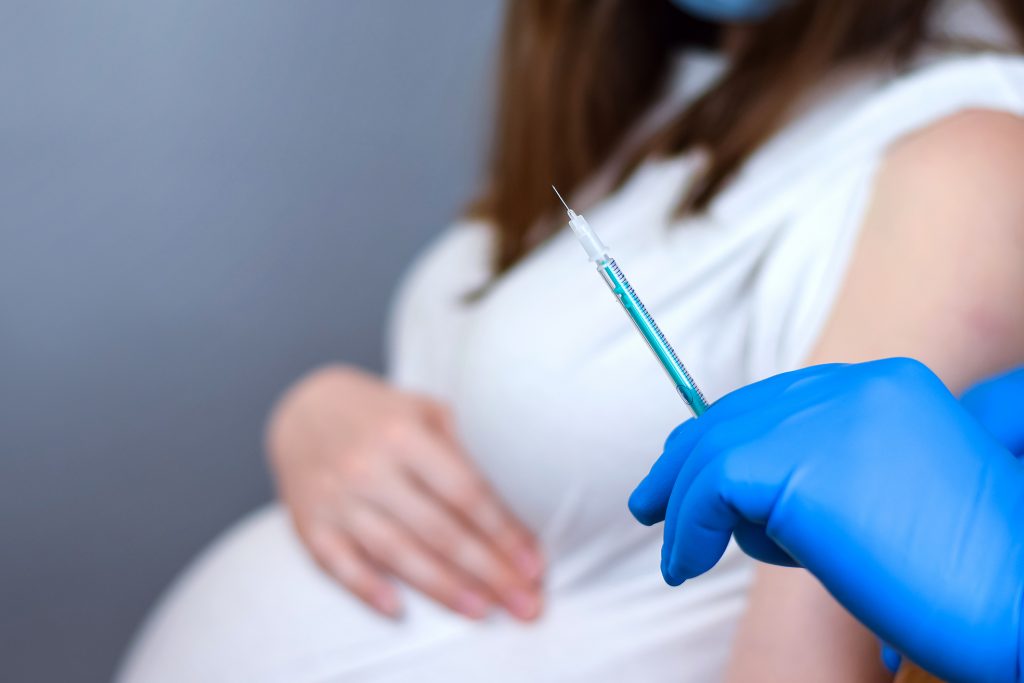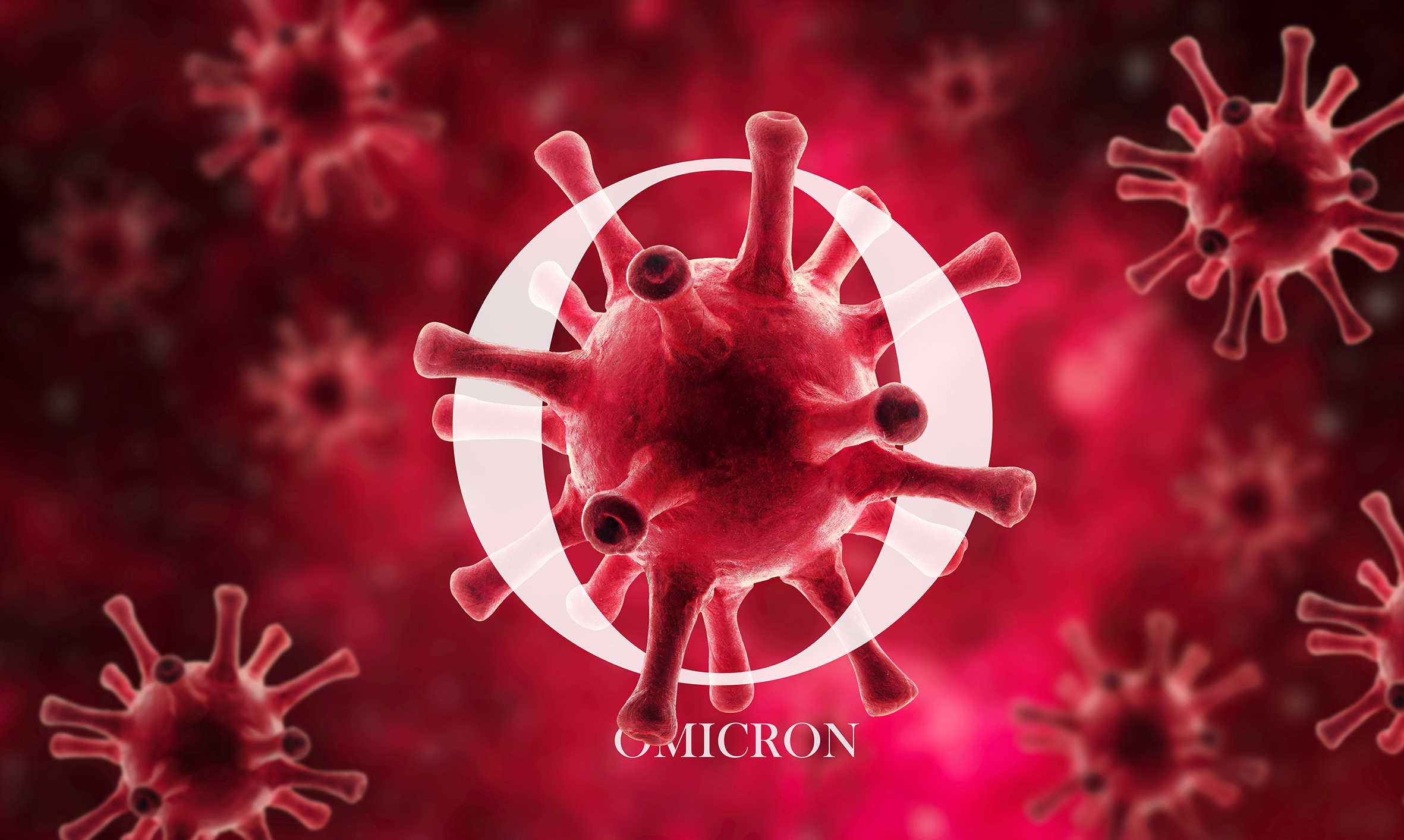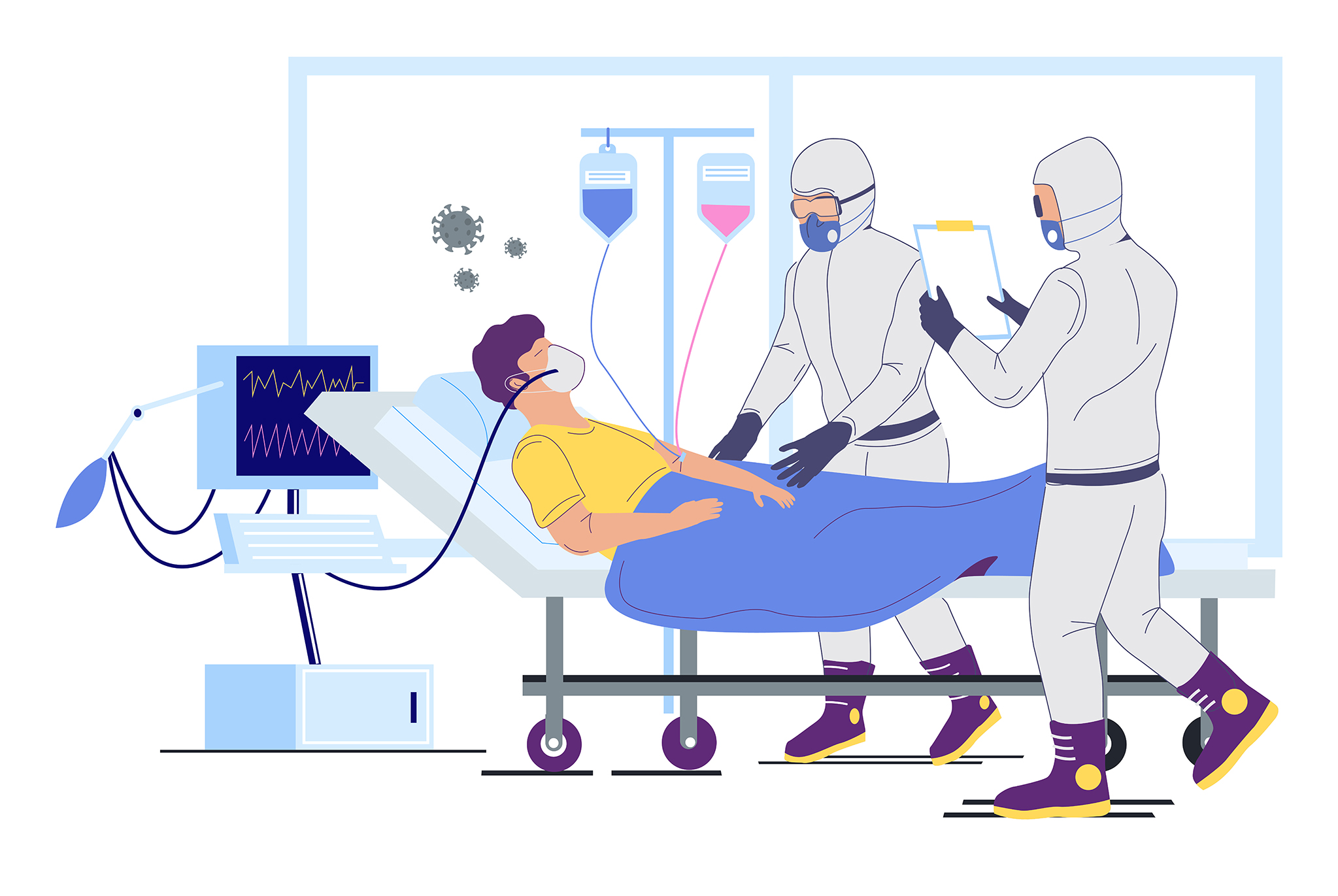Can maternal vaccination protect infants against COVID-19 related hospitalization?

The risk of severe illness and hospitalization associated with COVID-19 is reportedly higher in infants who are 6 months of age or younger;1,2 however, no vaccines are currently authorized for use in children younger than 5 years of age. During the peak circulation period of the SARS-CoV-2 B.1.1.259 (omicron) variant, six-fold higher rates of COVID-19-related hospitalization among infants under 6 months of age were observed, when compared with the B.1.617.2 (delta) variant peak, and COVID-19 was reported to be the primary cause of hospitalization for 85% of the affected infants.3
Given the enhanced risk of severe COVID-19 during pregnancy, recent ‘Centers for Disease Control and Prevention’ (CDC) guidelines recommend that women who are pregnant, breastfeeding, trying to conceive or planning to conceive in the future seek vaccination against SARS-CoV-2 infection.4 Stemming from prior evidence on transplacental transfer of maternal vaccine-derived antibodies (as seen with vaccine-preventable diseases such as pertussis and seasonal influenza), maternal immunization against SARS-CoV-2 infection may provide dual benefits: it may prevent severe COVID-19 during pregnancy, and provide passive protection to infants, especially during the high-risk first 6 months of life.3,5,6
Research data have demonstrated the association between COVID-19 vaccination during pregnancy and maternally derived anti-SARS-CoV-2 antibodies detected in cord blood, breast milk and infant sera.3,5 With regard to the optimal timing of vaccination for most efficient maternal to neonatal transfer of SARS-CoV-2-specific antibodies, vaccination that occurred late in the second trimester or early in the third trimester correlated with highest antibody titers in infants.6 Furthermore, it was found that antibody levels were higher, and persisted to 6 months’ duration, in infants born to mothers who were vaccinated against COVID-19 during pregnancy, compared with infants born to mothers who had antibodies induced by natural SARS-CoV-2 infection during pregnancy.3
Halasa NB and colleagues previously reported a 61% reduced risk of COVID-19-associated hospitalization among infants aged less than 6 months old, following maternal vaccination with two doses of an mRNA vaccine during pregnancy.5 In a recent real-world multicenter network study, these investigators assessed the associations between – (i) maternal vaccination and COVID-19-related hospitalization of infants during the circulating periods of the delta and omicron variants; (ii) gestational timing of vaccination and hospitalization for COVID-19 among the studied infants; and (iii) maternal vaccination and critical COVID-19 (i.e., COVID-19 leading to ICU admission/life-supporting interventions such as non-invasive/invasive mechanical ventilation, extracorporeal membrane oxygenation and vasoactive infusions).3 Vaccine effectiveness (VE) was estimated by comparing the odds of maternal vaccination (two-dose series of BNT162b2/mRNA-1273 COVID-19 vaccine) during pregnancy between symptomatic infants aged under 6 months of age who were hospitalized for COVID-19 (case infants) versus those hospitalized without COVID-19 (control infants). The study (N=1049) included 537 ‘case’ infants (181 and 356 admissions during the delta- and omicron-predominant periods respectively) and 512 ‘control’ infants [median age: 2 months], admitted to 30 pediatric hospitals across 22 states in the U.S between July 1, 2021 and March 8, 2022.3 Infants excluded from the study were those who were subjected to delayed SARS-CoV-2 testing, those who were COVID-19 positive but hospitalized for reasons unrelated to COVID-19, born to mothers who were vaccinated less than 14 days before delivery, or born to mothers who received their third mRNA vaccine/non-mRNA vaccine during pregnancy.3
Key findings of the study are summarized below: 3
- Maternal vaccination during pregnancy was associated with a reduced risk of hospitalization for COVID-19 among infants younger than 6 months of age.
- 113 (21%) out of 537 case infants were admitted to an ICU, amongst whom 64 infants (12%) were treated with mechanical ventilation or vasoactive infusions.
- Among case infants (n=450) born to unvaccinated mothers, two infants died from COVID-19 and two received extracorporeal membrane oxygenation.
- In comparison with case infants born to mothers who were not fully vaccinated during pregnancy, infants (n=87) born to fully vaccinated mothers demonstrated lower incidence of: ICU admission (23% vs 13%), critical COVID-19 (12% vs 9%), receipt of invasive mechanical ventilation (7% vs 3%), receipt of noninvasive mechanical ventilation (8% vs 6%), and receipt of vasoactive infusions (3% vs 1%).
- The overall effectiveness of maternal vaccination against COVID-19-associated hospitalization among infants aged under 6 months was 52% (95% CI, 33–65%); and maternal vaccination provided higher protection against hospitalizations during the delta (versus omicron) period.
- Overall, VE was – (i) 70% (95% CI, 42–85%) against admission to an ICU for COVID-19 (90% of infants admitted to an ICU for COVID-19 were born to unvaccinated mothers); (ii) 47% (95% CI, 25–62%) against non-ICU hospitalization; (iii) 80% (95% CI, 60–90%) during the delta-predominant period and (iv) 38% (95% CI, 8–58%) during the omicron-predominant period.
- As for optimal gestational timing for vaccination, maternal vaccination that occurred after 20 weeks of pregnancy demonstrated an overall VE of 69% (95% CI, 50–80%) against COVID-19-related hospitalization among infants (for both variants), as compared with 38% (95% CI, 3–60%) when maternal vaccination occurred during the first 20 weeks of pregnancy.
The study found that maternal vaccination with mRNA COVID-19 vaccines notably reduced the risk of COVID-19-associated hospitalization and critical illness among infants; particularly during the circulating period of the omicron variant.3
References
- Marks KJ, et al. MMWR Morb Mortal Wkly Rep 2022;71:429–36.
- Hobbs CV, et al. Pediatr Infect Dis J 2022;41(3):e81–e86.
- Halasa NB, et al. N England J Med 2022;387(2):109–119.
- COVID-19 vaccines while pregnant or breastfeeding. Available at: https://www.cdc.gov/coronavirus/2019-ncov/vaccines/recommendations/ pregnancy.html. Accessed 30 August 2022.
- Halasa NB, et al. MMWR Morb Mortal Wkly Rep 2022;71(7):264–270.
- Carlsen EØ, et al. JAMA Intern Med 2022;182(8):825–831.










